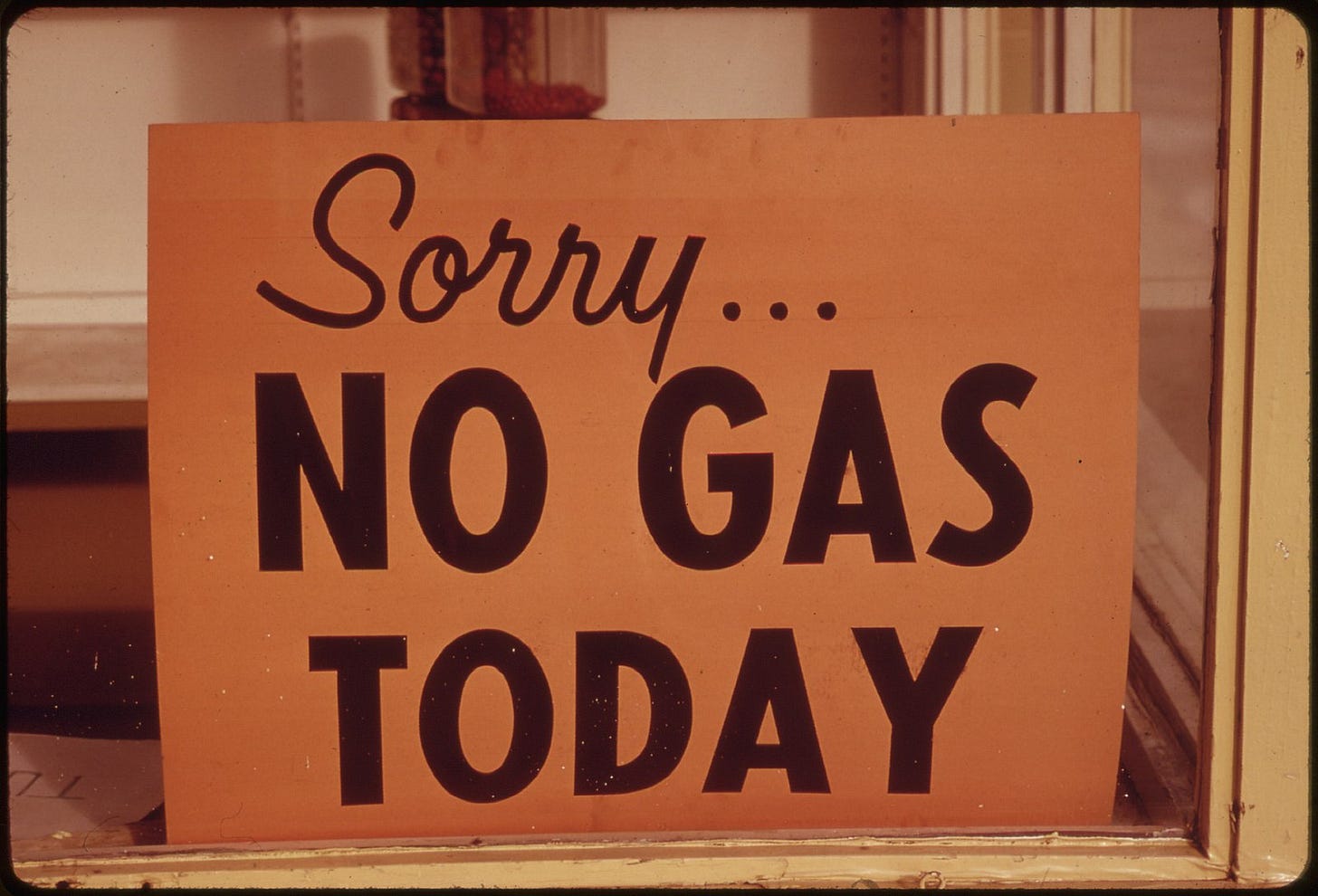SCOUTING YESTERDAY: Arab-Israeli war puts damper on South Dakota holiday displays, fuel usage
This week in South Dakota history: Nov. 1-7
Sioux Falls Mayor M.E. Schirmer was taking steps to conserve energy usage in the city, according to the Nov. 6, 1973 edition of the Argus Leader.
The conservation was necessary following the October embargo by the Arab members of the Organization of Petroleum Exporting Countries (OPEC) placed on all nations supporting Israel during the 1973 Arab-Israeli Yom Kippur War, according to the U.S. Department of State.
The price of oil in the United States quadrupled during the embargo and was exacerbated by inflation following President Nixon’s decision to end the Bretton Woods System in 1971. The system, in place since the end of World War II, had fixed the price of the U.S. Dollar internationally.
The Lead Daily Call reported South Dakota Gov. Richard Kneip announced the state’s plans to reduce energy consumption on Nov. 9. Lowering office building temperatures and setting a maximum speed limit of 50 mph for state vehicles, the plan would not be enough to reduce the state’s overall consumption though.
“Reductions in fuel consumption by the state government is not enough…” Kneipp said. “I call upon all of you, every South Dakotan, every farm and business and every local government to reduce consumption of all fuels by 15 percent during the winter months.”
Kneipp also said, “We have become accustomed to an affluent world... In many cases, we may have lost our sense of priorities, and we spend money on things we don’t really need. The emergency might help us regain a sense of what is really important.”
SCOUTING HISTORY: Gen. Beadle's School & Public Lands proposal impresses Congress






